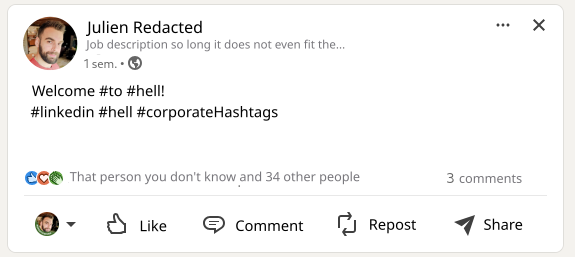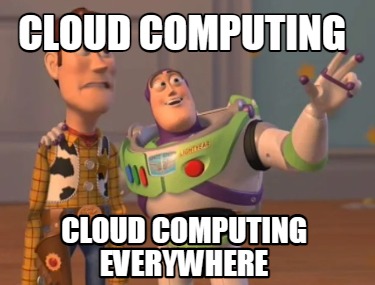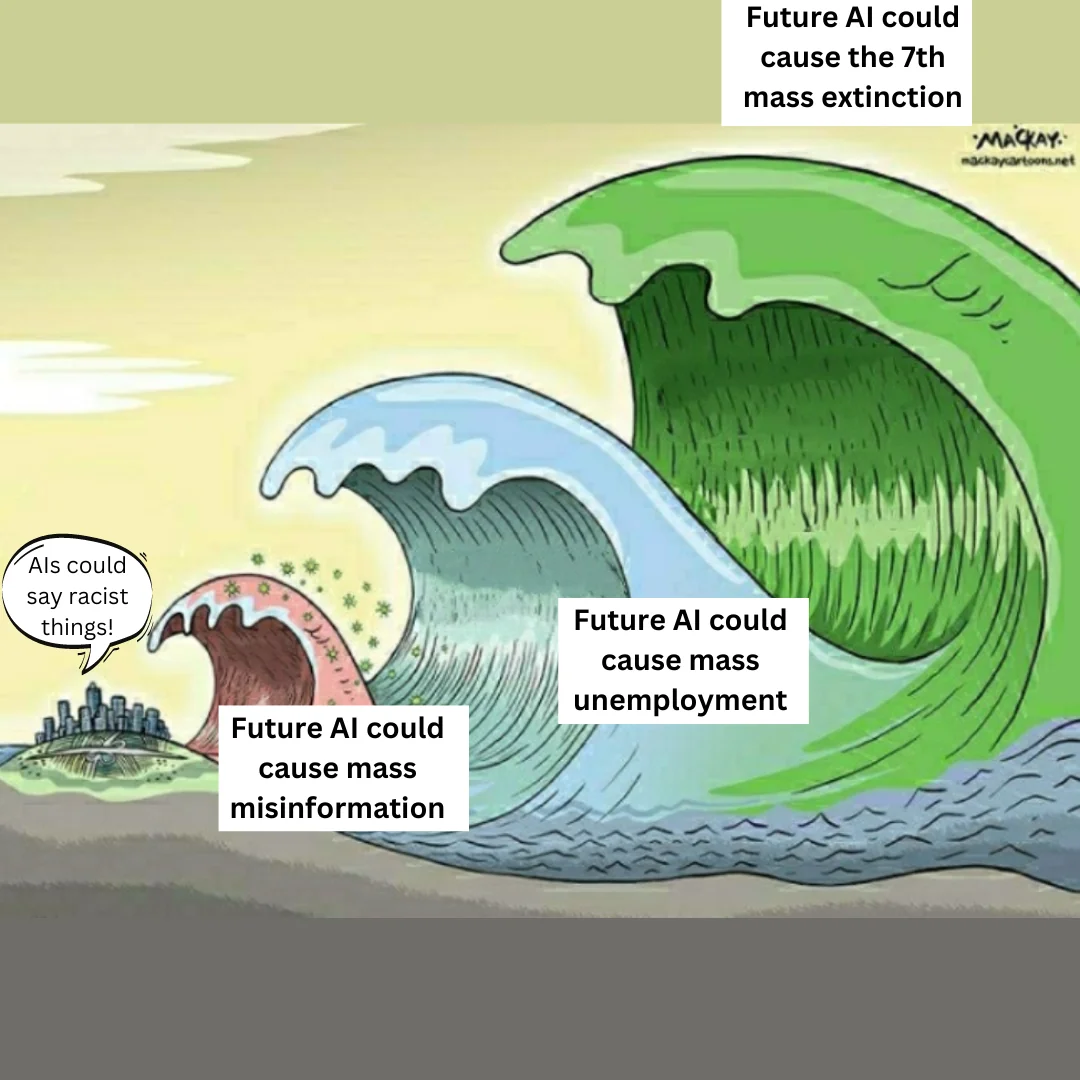Sometimes, as I’m looking for freelance gigs or want to promote one of my student’s resumé, I log on to LinkedIn. It’s always an excruciating 5 to 10 minutes. You know the drill : happy managers and entrepreneurs telling us how they “pivoted” for their business success – understand : re-organized priorities in order to not see their business fail doing the thing the originally wanted to do – companies trying too hard to show how cool they are and people congratulating each other for new positions. Also, people posting links to articles and conferences about which new trend is going to change the world (always for the better, strangely enough).
I am tired of this kind of corporate culture. Everybody sees how deeply cringe this all is and everybody just continues because that is what you are supposed to do.
I’m not saying this to tell people on LinkedIn I’m better than them, but I just wish corporate culture did not transform LinkedIn into the hellscape it has become, and perhaps always been.
Who really enjoys LinkedIn, you know ?

Anyway. In my circles, lately, people have been posting a lot about a little thing called AI, and, more precisely, Generative AI. How do we tackle the challenges raised by the ever-growing airquotes need of Generative AI™ ?
Be at peace : I’m not going to talk about that, but rather how the Tech Industry as a whole knows a pretty important existencial crisis, one it has been in for years, and especially the corporate tech industry.
1. We’ve been here before
So it’s not the first time there’s been such hype around a concept. Remember when the hype was about Cloud Computing ? When nodoby really knew what cloud ☁️ really meant, aside from a gazeous formation in the sky ?

It’s not even that long ago, and it’s not even the first IT hype we’ve had. (Remember Smartphones ? The Internet ? I’m not going to go back that far) Some of them were here to stay, some others, well…
Cloud computing offered something tangible : “stop owning managing your infrastructure, rent if from us instead”. In other words, stop wasting time on infrastructure, we’ll do it for you, and just focus on making web products that can scale. (but do you really need to ? Better be safe, I guess, if my 2 people company is ever going to become the Next Google™…)
Dozens of years later, cloud computing has become so complex that you need cloud experts to manage your cloud infrastructure, so we’re basically back to square one with the need to spend time to manage your infrastructure and the need for experts in that domain but not the ownership of the means of production the said infrastructure.
What happened in between ? I’ll let you guess.

Anyway. Good thing is, now if you want to deploy a web app, you have plenty of options to deploy it to basically the same servers at the same place, without having to buy it upfront. You don’t have to buy your car either, since you can subscribe to it. But I’m babbling.
After The cloud™ was integrated as the new normal, the industry needed new shiny things™ to generate growth, investments and engagement. Most of them were presented as the Next Revolution In Tech™ and ended up just being fabricated hypes to keep investments going and the Tech Industry florishing. It mostly worked for a while, if we consider economic prosperity. But most of them were short-lived, and needed to jump on the next train to lure investors into investing again and keeping the machine going.
2. FOMO as the primary drive for corporate IT health
So each time someone had a great idea (dont get me wrong, a lot of them were great, in their respective fields of application, before being transformed into a three-headed hype monster), there were tech evangelists to promote it to The Next Big Thing : Blockchain, along with Bitcoin and other crypto and NFTs, Web3 (sigh), the Metaverse and the everlasting promise of “mainstream virtual reality” that even made freaking facebook change names… Now it’s the turn of Generative AI.
All of them have something in common: if you don’t join the hype, you’re gonna become obsolete in just a few years. Basically, FOMO. We don’t really know what we’re doing, but people who’s opinion we trust (for some reason) say we should do it.
Did all tech companies that did not start doing “Web3” become obsolete ? I’ll let you be the judge of that. Maybe we just need a few more years, who knows ?
But it has been a very good drive for investment.
So what made them fail to establish as long-lasting trends in tech ?
I’m not going to chew on my words, as we say in french : They’re useless.

To add some nuance, they’re useless in most of the fields we’ve tried to jam them into, and the ratio between cost and value added mostly tilted towards cost.
Now, with Generative AI™, we are back at it: tech schools jam it into their curriculums without a clear view of what’s to teach or why we do it “because it’s obviously the future!”, and all tech and non tech companies start making chatbots that nobody asked for to answer questions with questionnable accuracy.
3. Wait, who needs AI anyway ?
I know you saw it coming, but here it is : the capitalist class, and no one else.

Do people want to talk to a bot when they’re trying to call customer service ? Probably not. Is the bot going to solve their problems? In most cases, it won’t. Will it provide useful and accurate information ? Given the nature of LLMs… maybe, in some cases ? Will we have a choice ? Rhetorical question. Will it be cheaper for whoever deploys it than a support team ? Yes, probably.
Will the support team be pleased to lose their job ?
Well, huh, I have doubts.
Some people will say it’s just doomerism, but remember when we switched cashiers for automatic checkout machines ? Wasn’t the goal to “not replace them, just give customers new options” ? What happened since ? What happened after factory workers were replaced by automatic machines ? Did we evolve towards a world without labour, as it was announced and planned ?
The fact is: the sole purpose of AI is to replace human jobs, to get cheaper productivity. Don’t trust the people paying for it to tell you it’s not what you think. It is.

So will it be fruitful? Or will it die out like the previous tech trend ? Well, I can’t predict the future, but it’s safe to bet Generative AI is not going to live up to the expectations Sam Altman is setting for it (saving the world, bringing on a new human age, this type of thing) and it’s probably not going to benefit the mainstream population in any meaningful way.
Will it stick ? Well, people have been getting used to so many examples of enshittification that it just might. 🤷♂️ There is real money to be made this time ! You’ll pay the same thing but be served something that was not produced by expensive human labour! Profit!
There’s a but, right ?
4. It’s not even our final form!
OK, so AI is not comparable to NFTs and Crypto, because it might stick for financial reasons. In AI, there is real financial gains to get. Not for you, but you know, for someone. Ahem. So why is the tech industry in the same existencial crisis ?
Well to begin with, we’re still in the FOMO phase, so a lot of people are investing into it and building things that nobody needs and are not going to profit to anyone. Essentially wasting money and time into it. Those are still going to need to hop on the next trend for investment to keep coming, and we still need to wait for it to happen. It will come, just be patient. We’ll need a new reason for exponential growth, and it may be AI again, in another form, or anything else, really.
The other thing is : OpenAI – nobody knows where the “open” part is coming from –, the main actor behind the AI Revolution™, is not profitable. So not profitable that its main source of wealth is its venture-backed fundraisers, pushing Sam Altman into full-on god mode by saying that AI will save the world to attract more investors.
At some point, it’s going to need to be profitable, and that’s where it becomes tricky: it will enshittify. It might even need to downscale. Hard. And it might tilt the cost/value balance in the other direction. Who knows? We’ve seen it before, that’s all I’m saying.
Save the world from Climate Change! But with Ads! Premium subscription! Ads on your premium subscription with a premium plus plan to remove them!
5. The elephant 🐘 in the room : the astronomic energy cost of AI
A lot like the blockchain, AI has a substancial energy bill. So much so that the power grid needs to compensate with more fossil fuels. The consumption of entire countries, to give an order of magnitude.
At the same time, we – we, as in the United Nations – are using AI from Microsoft to assess and track progress under the Paris Agreement[Trigger Warning: this article starts with “DUBAI”, so you can guess where it’s going]. What a wonderful time to be alive.
So here’s another part of the existential crisis of the tech industry. We’re producing tech that needs more and more energy, for less and less justifiable purposes, in a world that tells us to be responsible. And to justify what is essentially a ploy to legitimate the existence of the industry as a whole, we’re pretending that it’s helping with the climate crisis and that we need it if we want to succeed.

AI is not the only field to be caught up in such a crisis, but it is a very good example.
Will it save the planet from climate change ? Sigh.
6. How do we pivot from that ?
The tech industry needs to take a step back, and fucking chill out, if you want my two cents about it. But it’s going to be very hard in the competitive economical and political environment that we’ve created as a global system – you know which one I’m talking about.
Most industries can innovate without revolutionizing themselves every three years. Just because they’re doing stuff that people need. You don’t need radical innovation to sell bread. We still need tech, on a global scale, I don’t think we need to make up new hop-on-or-die revolutions for the industry to survive.
It will come at a cost, of course : maybe the industry will be a bit less dynamic and money won’t flow the way it does. But maybe it will generate less bubbles and less instability.
Breaktroughs are still cool, and they could indeed bring a lot of good to the world, but we don’t need to restructure the entire industry – and, at some point, maybe society – around every one of them.
Some of them, public powers should definitely hop on, develop, and regulate, as well, if it is to prevent private profit-driven entities to accumulate too much power. That is supposed to be their purpose, isn’t it ?
So, on our scale, maybe the first thing to do is not to post on LinkedIn about how [Insert Next Big Thing Here] is going to change the world every day. Not only because it’s annoying, but because it participates in a culture that is producing too much greenhouse gases and plunging people into precarity.
Also, promote Green IT (whatever that means), small web, digital degrowth, etc. We have an urgent need for those, more so than we need chatbots to help us with our package delivery. Hiring people, such a low-tech concept.
I’ll probably write a less ranty blog post about that soon enough.
Anyway, peace out!